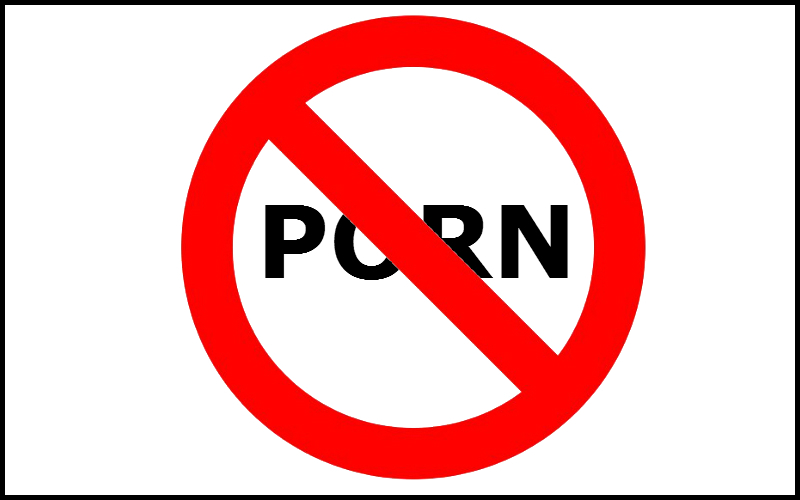UNICEF, an arm of the United Nations, issued a report claiming children are largely unaffected by sexually explicit material.
Alexis Fragosa of C-FAM tells One News Now the UN agency had a hidden motivation behind the report which was to justify explicit sex-education materials for children worldwide. But there was pushback over the contents so the agency removed it from a UN website and it returned days later with heavy editing.
“They revised the report to remove the conclusory statements related to the lack of consensus of harm,” Fragosa advises. “And they also removed another statement that related to there not being consistent evidence that children are necessarily harmed.”
The basis of the report, which is justifying explicit sex-ed for children, remains.
According to a C-FAM report, which can be read here, the UN agency with a stated mission to help helpless children suggests that children have a human right to access online materials even if they are sexually explicit. In the UN report itself, C-FAM warns, the UN agency acknowledges "negative outcomes" if young children are exposed at a young age but the report goes on to suggest children can "build resilience" if exposed at a proper age.
Fragosa says UNICEF is ignoring extensive research on the harms involved, including with pornography, which motivates some children to display aggressive and illegal behavior later in life.
“It results in an inability to retain information and they have memory issues. They perform poorly in school,” she says. “There's a relationship between the consumption of pornography at a young age and depression, anxiety, and suicide attempts, etcetera.”






